Hello again.
It’s been a week since we last wrote you.
And per the times, a lot has happened since then.
Let’s start on Friday...
Friday mornings at the Malnutrition Treatment Centers are typically busy and bright. Children have made progress through the week and everyone is excited to go home for the weekend. On most Fridays, the weekly routine ends with 40+ mothers loading duffle bags, fruit trees, and children into a Tap Tap to make their way back to their home communities. This Friday, the roads simply were not safe enough for families to leave the center.
Late Friday evening, some of our operations team (Herode, Joseph, Jos, and Jenn) huddled around four brand new batteries that we had managed to procure from a small business near our Saint Raphaël center. They were transported by motorcycle from 2 hours away with two drivers meeting halfway to make the exchange.
The late night delivery was a matter of special urgency. Both our Cap Haitien and our Saint Raphael campus are powered by solar power. When the sun is out, the solar panels charge batteries which keep the lights (and the internet) on through the night. Midwives catch babies and moms give their young children medicine by the light of the power we store each day.
The batteries in our Cap Haitien system were failing. In an ideal world, we would have simply replaced the batteries in our current system. But because of the fuel crisis, there are simply not enough batteries available from local distributors to fix our current system. That will have to wait.
In the meantime these four batteries will keep the lights on.
This was an exciting delivery. But the most exciting delivery came on Saturday night.
150 bucket water filter systems arrived from Port-au-Prince by truck at 8:00 pm on Saturday night.
It was a site to behold.
Second Mile Haiti was the half-way stop on what would be a 24-hour journey for these delivery drivers. Normally it takes 4-hours to cover the 75-mile distance. In these circumstances, it had taken twelve.
“Would they sleep here in Cap Haitien?” We asked.
No— They had travelled with fuel and spare tires and everything they might need if they faced a road delay. They would do everything they needed to do to get back to their headquarters.
Back to safety.
Today, we were able to distribute the first 10 buckets to families nearby. The buckets filter cholera, typhoid, E. coli, giardia, and more.
We even tested the water at each house to make sure the families felt comfortable with the technology.
Some were hesitant. It seemed too good to be true— a bit too easy— to be able to draw water from the ground and drink it without fear.
It seems people have become unaccustomed to ease.
We have several organizations coming to pick up buckets to distribute in their communities as well.
About 3,700 people should have access to clean drinking water by the end of the week.
Water should be easy.
We hope these filters add a bit of ease and a bit of peace during these trying times.
❤️ from Haiti










